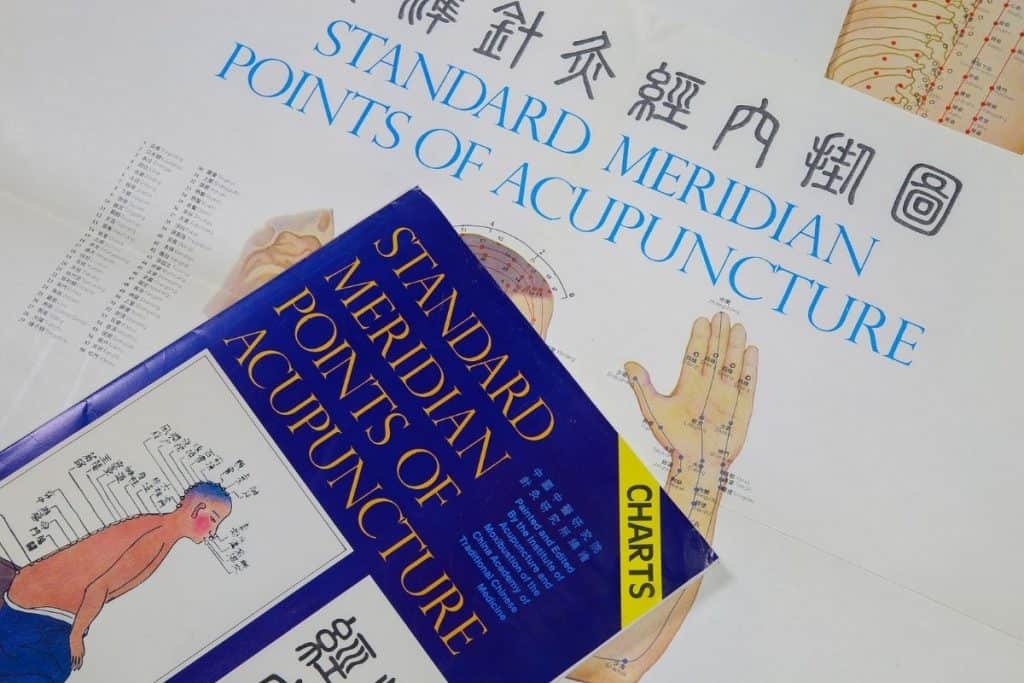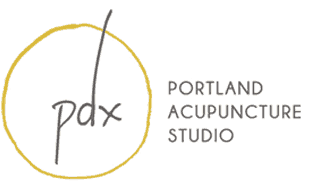
The Science Behind Acupuncture
Pinch, poke . . . the feeling of acupuncture needles is as painless as a brief mosquito bite. Most patients who come in for treatment have no concern about the fact that acupuncture happens with a small, hair-thin needle. In fact, there are a number of patients who consistently use acupuncture treatment for pain relief and improving their overall health who also happen to hate getting their blood drawn, but happily opt for acupuncture treatment.
Why? Acupuncture needle insertion is relatively painless, and these patients also know from experience that acupuncture works. We know that research has revealed acupuncture treatment is “twice as effective as conventional care for treating low back pain and is safer than opioid medications”. However, many patients are curious about how the insertion of hair-thin needles into the body relieves headaches, neck pain, menstrual pain, the list goes on.
What is the science behind acupuncture? How does acupuncture work? Modern research reveals that acupuncture relieves pain, assists in wound healing and injury recovery, and impacts the central nervous system.
First and foremost, you may have heard that acupuncture effectively relieves pain. When the acupuncture needle is inserted into an acupuncture point, the body releases its own opioid peptides in the central nervous system causing an “analgesic effect” and allowing for pain relief even after the needles are removed.
Acupuncture also speeds up the process of wound healing. The insertion stimulates a mild immune response. Then, the body releases extracellular nucleotides and adenosine. The release of adenosine allows for cellular repair and also increases circulation, which signals the body to promote faster wound healing, making an effective treatment for many clinical conditions, and also on the battlefield.
In addition to wound healing, MRI studies show that with acupuncture needle insertion, a gentle tug occurs in the connective tissue. That action helps to spread fibroblasts, which repair and remodel the connective tissue improving flexibility and stability after injury.
Finally, new research shows acupuncture positively affects the central nervous system. It effectively treats autonomic nerve-related disorders, such as “epilepsy, anxiety and nervous disorders, circadian rhythm disorders, polycystic ovarian syndrome (PCOS) and decreased fertility”. In addition, studies indicate that acupuncture helps to balance the sympathetic and parasympathetic responses of the body, helping our body to more quickly return to a “resting and digesting” state rather than remaining in “fight, flight, or freeze” mode.
Indeed, acupuncture does work, even for folks who fear a blood draw, while not minding acupuncture needles at all! And far beyond the clinical effectiveness, the science behind acupuncture shows us its positive effects at all levels for our health and healing.
Learn more and schedule an appointment
At Portland Acupuncture Studio, we have three highly skilled acupuncturists ready to help you on your journey. Contact us today to see how we can support your health. We are here to help you.
Established patients can schedule online, patients who haven’t seen us at Kwan Yin Healing Center call (503) 701-8766, or email us to schedule your appointment.




